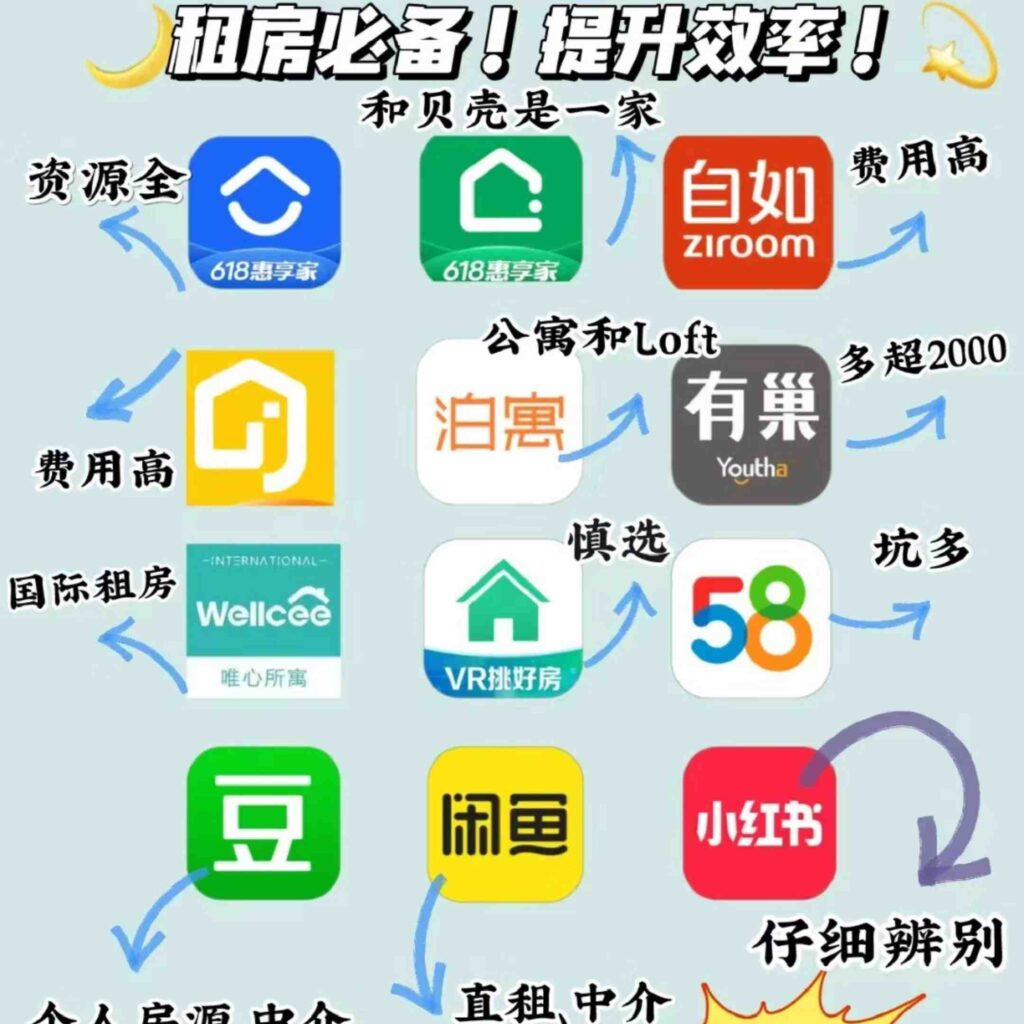Airbnb exit from China in 2022
Airbnb in China initially made a strong entrance into their local market, accepted by both U.S. and Chinese governments. It contrasts with other U.S. tech companies that faced restrictions or were outright banned. Airbnb employed strategies that appeared effective at first, focusing on business models that did not prioritize media (which faces stricter censorship in China) over commerce, which is encouraged by the Chinese government. This approach helped Airbnb establish itself in the market, particularly in the realm of vacation rentals.

Despite this seemingly favorable start, several key reasons why Airbnb failed to sustain its success in China include operational challenges. One of the most frequent complaints was the lack of localization, which reflects in many ways. For example, Airbnb operates under different conditions in China, facing unique challenges such as adapting payment methods to suit local preferences and navigating customer service expectations.
In addition, regulatory requirements for China listings necessitated disclosing host and listing information, as well as guest booking and check-in information, complicating guest bookings and check-ins. This was part of Airbnb’s decision to suspend its domestic business in homes and experiences offerings within China, highlighting the difficulties of complying with local laws and catering to the domestic market. Furthermore, the mismatch between Airbnb’s offerings and the preferences of Chinese travelers, who may favor package tours or have specific accommodation preferences influenced by cultural differences, underscored the localization issues.
Competition and Chinese Market Adaptation:
Airbnb faced fierce competition from local companies like Tujia and Xiaozhu, often referred to as China’s Airbnb, which had a better understanding of the local market and adapted quickly to its demands. These platforms, exemplifying “China’s Airbnb,” have become significant competitors by leveraging their deep insights into local preferences and regulatory environments.
These local competitors, representing key local platforms, also integrated popular Chinese services like WeChat to enhance their platforms, making them more accessible and user-friendly for Chinese consumers.
Airbnb started to run China business in the middle of 2015, but it doesn’t have a local name (爱彼迎) and local customer services in China for almost 2 years, this is like opening a self-service car wash in the U.S., only to tell customers facing issues, “Well, first, you’ve got to learn Mandarin.”
Airbnb’s Chinese name, IBM, which stands for “Welcome Each Other with Love,” may sound romantic, but unfortunately, local consumers didn’t quite buy into it. They complained about the challenging pronunciation and its difficulty to catch on, which persisted for many years.

Airbnb only accepts credit cards or bank transfers for payment in China, while co-respondents and invoices were sent via email. This might work in the West but not in China.
I use payment apps 99.99% of the time, which means I don’t have a credit card. In fact, a couple of super apps dominate my life; that’s why I’m not inclined to switch to a different tool for payments or customer interactions. So why would I visit a different website?
By July 2022, Airbnb decided to suspend its homes and experiences offerings in China, removing all its listings.

Alternatives to Airbnb in the Chinese Market
As I lived in Shanghai for five years across four different apartments, I will share insights on recommended rental apps in China, including alternatives to Airbnb. Some of these apps are available in English, making them particularly useful for expatriates living in Shanghai. Here’s a detailed list of rental apps and other platforms offering a variety of vacation rentals and property listings:
- Ziroom: Ziroom offers a standardized living environment, where all apartments are furnished uniformly with a bed, desk, chair, air conditioning, etc. This consistency can be appealing for those who prefer no surprises in their living arrangements. Ziroom also includes an international section with English services. There’s no online travel agency fee but a service fee is charged, which varies by city; for example, in Beijing, it’s about 10% of the rent. This fee includes internet and house cleaning services for public areas. Additionally, Ziroom provides exclusive discounts, enhancing its appeal to budget-conscious renters.
- Mofang Apartment: This brand manages buildings designed like living communities with many small studio apartments ranging from 12 to 18 square meters. These studios are fully furnished with essential amenities like a bed, desk, chair, bathroom, and cooking facilities. A service fee is charged, which includes Wi-Fi, a public living room, a public kitchen, and a public gym. This option is ideal for individuals who wish to live alone without a large budget. Mofang’s extensive property listings cater to a wide range of preferences and needs.
- Traditional Real Estate Agencies (e.g., Lianjia, WoAiWoJia): For those who prefer a more traditional approach, traditional real estate agencies are recommended, which can be more effective for people focused on efficiency. These agencies often have physical stores where potential renters can walk in and talk directly with agents. They keep keys to multiple apartments nearby, allowing for quick and efficient apartment viewings. The experience with these agencies can vary depending on the professionalism of the agents. Check here for rental recommendations and negotiation tips with these real estate agencies.

For travelers seeking accommodations that offer high-end services and amenities, exploring luxury hotels as an alternative can provide an experience akin to five-star hotels, with features such as room service, exclusive locations, and top-tier hotel-style service management. This option complements the variety of rental apps and platforms by catering to those looking for a more luxurious stay.
